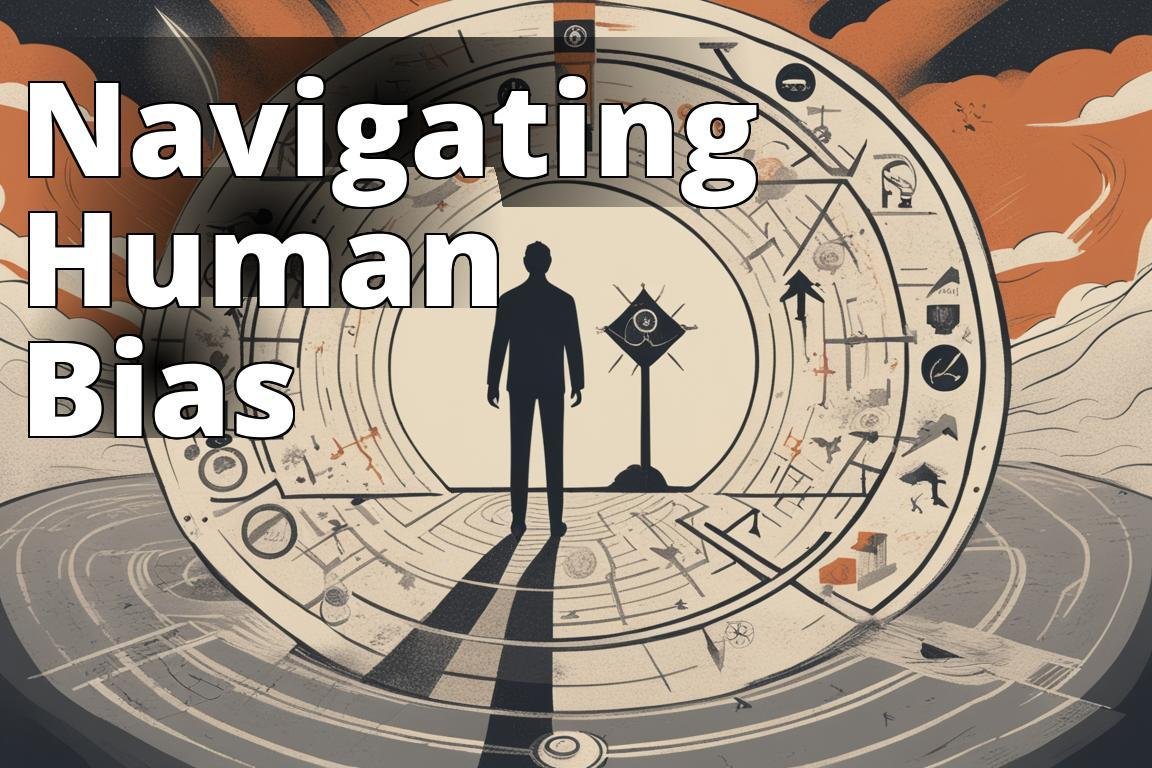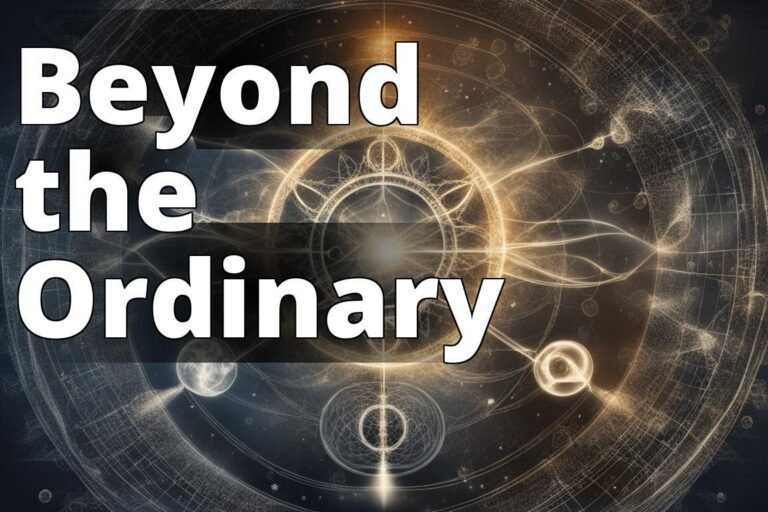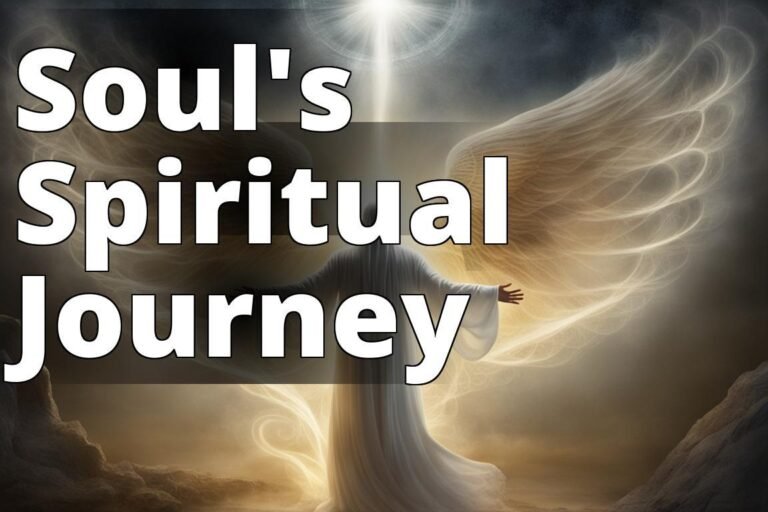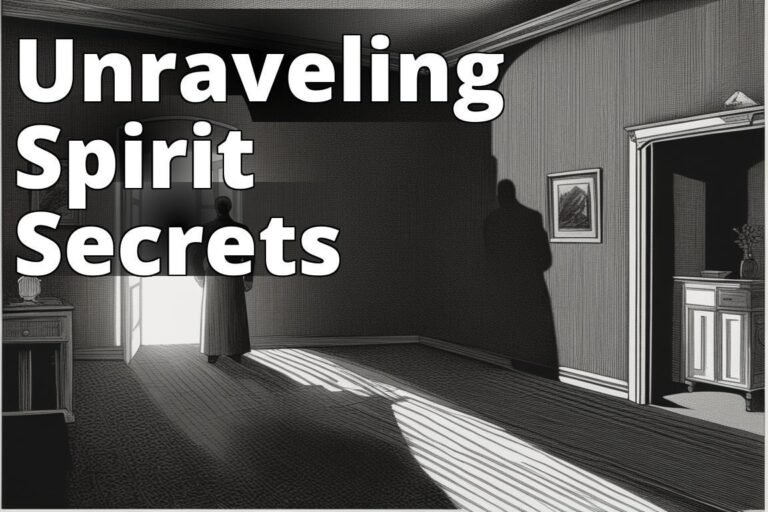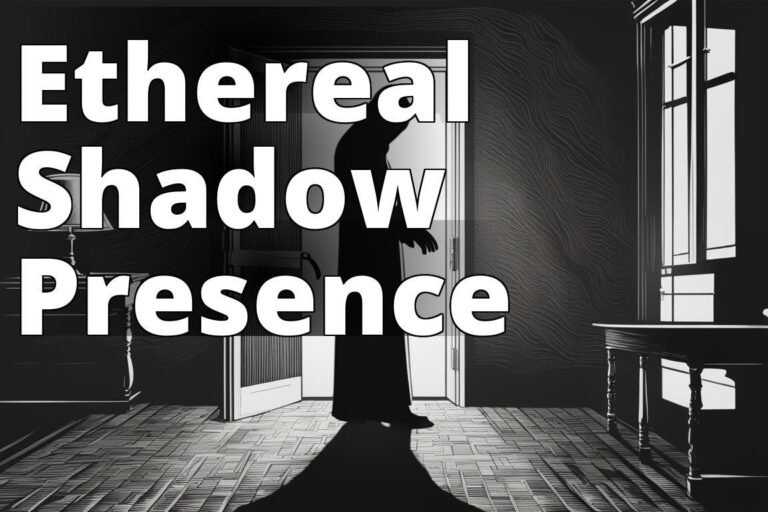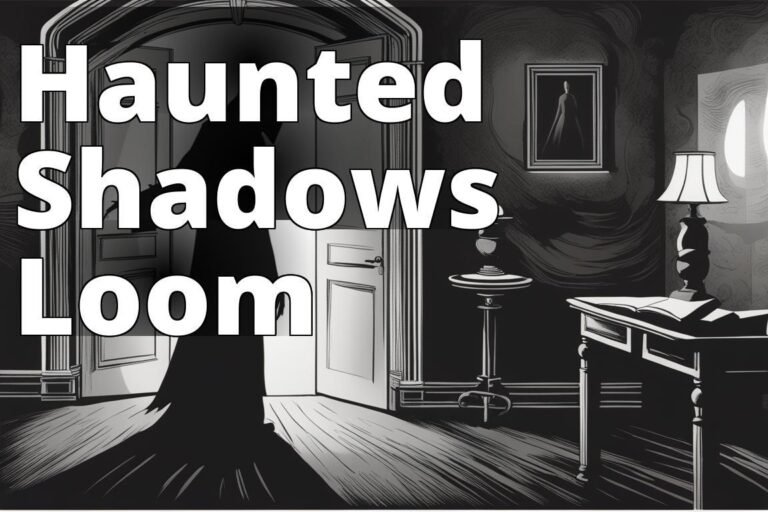Why Are People So Susceptible to Pseudoscience?
Have you ever wondered why some people wholeheartedly believe in things like astrology, psychic predictions, or the healing power of crystals, despite a lack of scientific evidence? It’s not just about a lack of education or exposure to science; it’s about something deeply ingrained in all of us: cognitive biases. These biases shape our beliefs, perceptions, and decisions, often leading us down the rabbit hole of pseudoscience. Let’s embark on a journey to understand why humans are bias and how this makes us susceptible to pseudoscientific beliefs.
Learn about Human Bias in Pseudoscience
- People are susceptible to pseudoscience due to cognitive biases like confirmation bias, the illusion of control, the Dunning-Kruger effect, and the availability heuristic.
- Emotions and social factors, including social networks and social identity theory, play a role in why humans are biased.
- The media and science communication also influence human bias towards pseudoscience.
Why Are People So Susceptible to Pseudoscience?
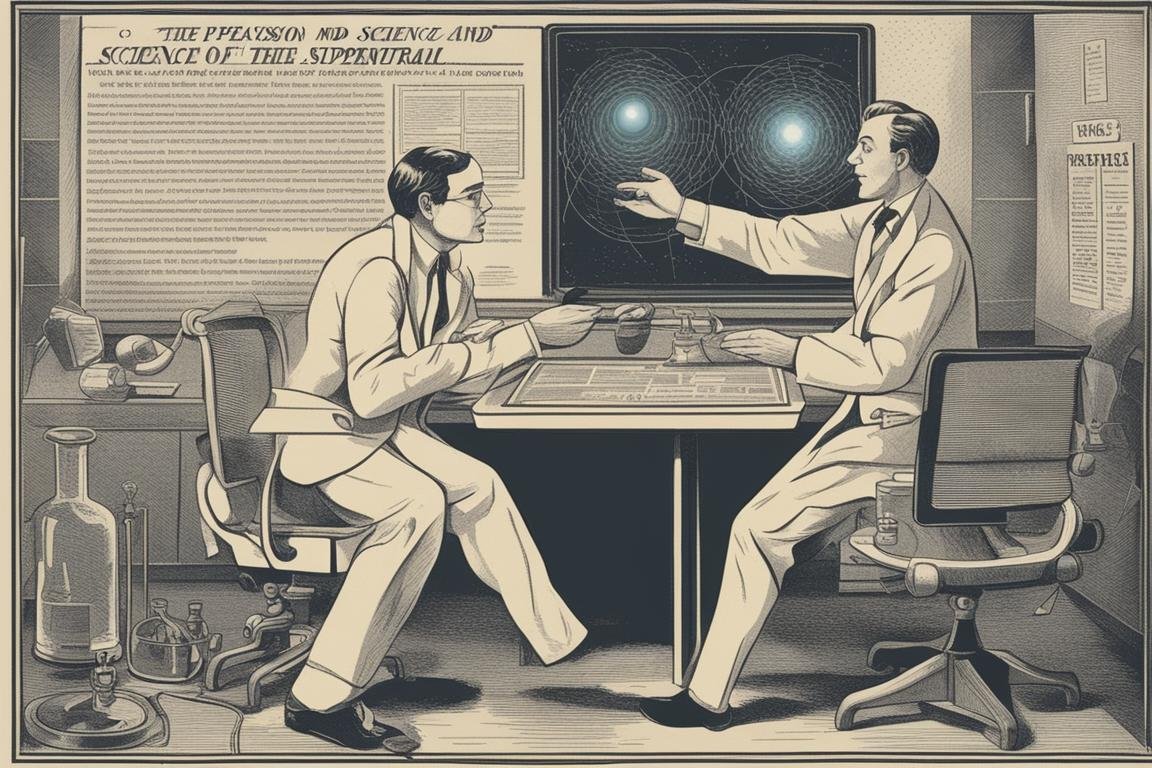
Pseudoscience appeals to us on a fundamental level. It offers easy answers to complex questions, provides comfort in the face of uncertainty, and often comes wrapped in the shiny foil of seemingly scientific terminology. But beneath the surface, the real magnet pulling us toward these beliefs is our cognitive biasesthose mental shortcuts that help us make sense of the world, albeit not always accurately.
The Appeal of Pseudoscience
Pseudoscience thrives on simplicity and the allure of having secret knowledge that others don’t. This appeal is deeply rooted in our cognitive biases, which skew our perception towards what’s more comfortable or what we want to believe. For example, when we come across an article claiming that a certain gemstone can bring us wealth, we’re inclined to believe it if we’re already hoping for an easy path to prosperity.
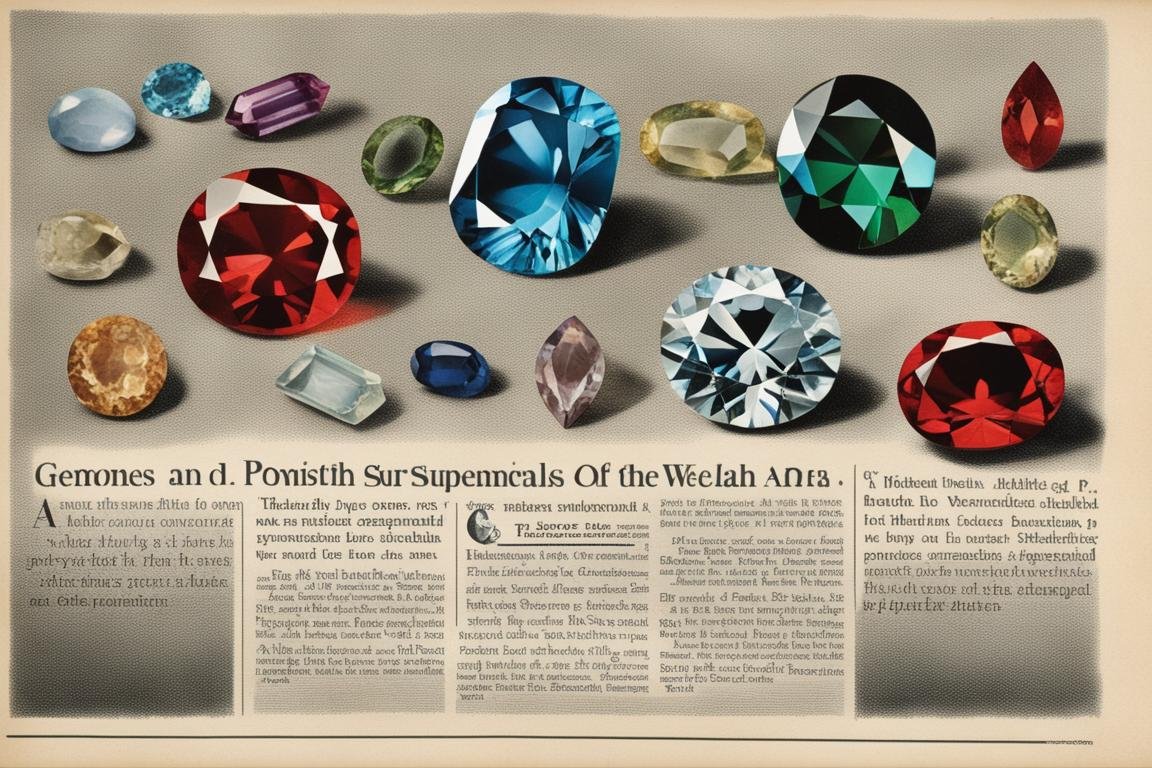
The Role of Cognitive Biases
Cognitive biases are the silent puppeteers of our beliefs, pulling the strings behind the scenes. Let’s delve into a few key biases that play starring roles in the theater of pseudoscience.
Confirmation Bias
Confirmation bias is our tendency to search for, interpret, and remember information in a way that confirms our preconceptions. If you’ve ever found yourself Googling “proof that astrology is real” while ignoring articles debunking it, you’ve experienced confirmation bias in action.
Insider Tip: To counteract confirmation bias, actively seek out information that challenges your beliefs.
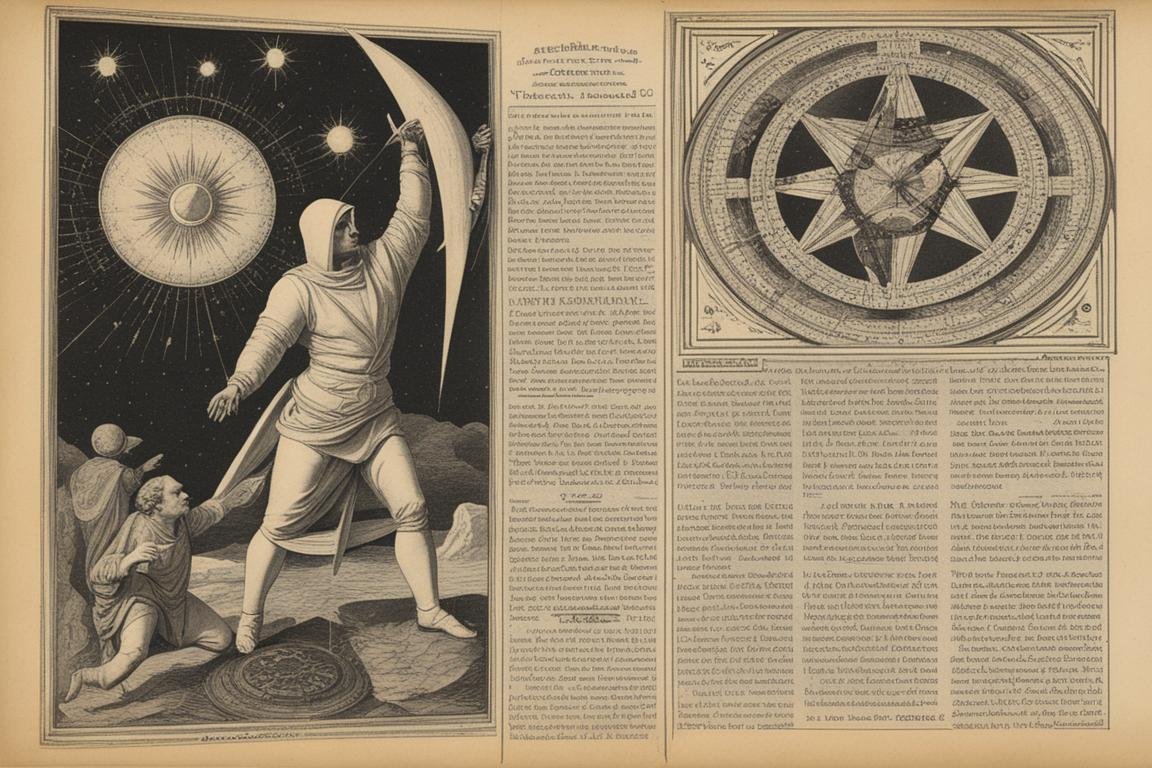
The Illusion of Control
Many turn to pseudoscience because it promises control over the uncontrollablelike using feng shui to influence your future. This bias leads us to overestimate our influence over events, making pseudoscientific practices alluring.

The Dunning-Kruger Effect
The Dunning-Kruger effect is a cognitive bias where people with limited knowledge overestimate their ability. It explains why someone who reads a few articles on a pseudoscientific topic might consider themselves an expert.
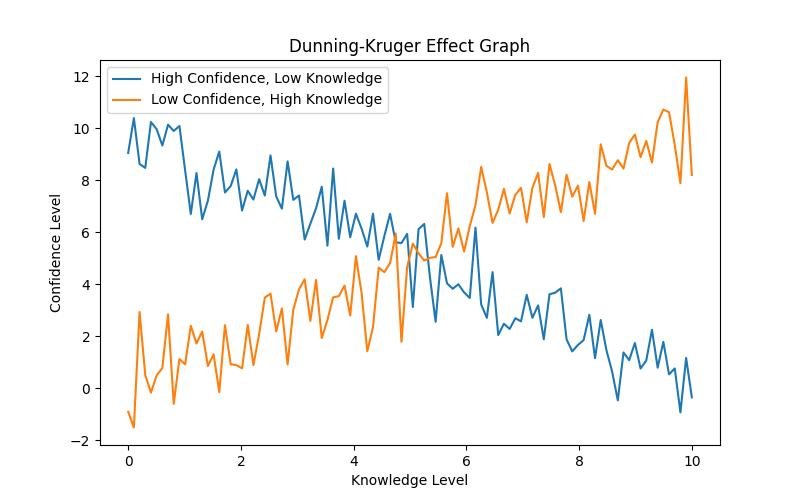
The Availability Heuristic
This bias makes us think that if something can be easily recalled, it must be important or common. Dramatic stories of psychic predictions coming true are memorable, making psychic abilities seem plausible.
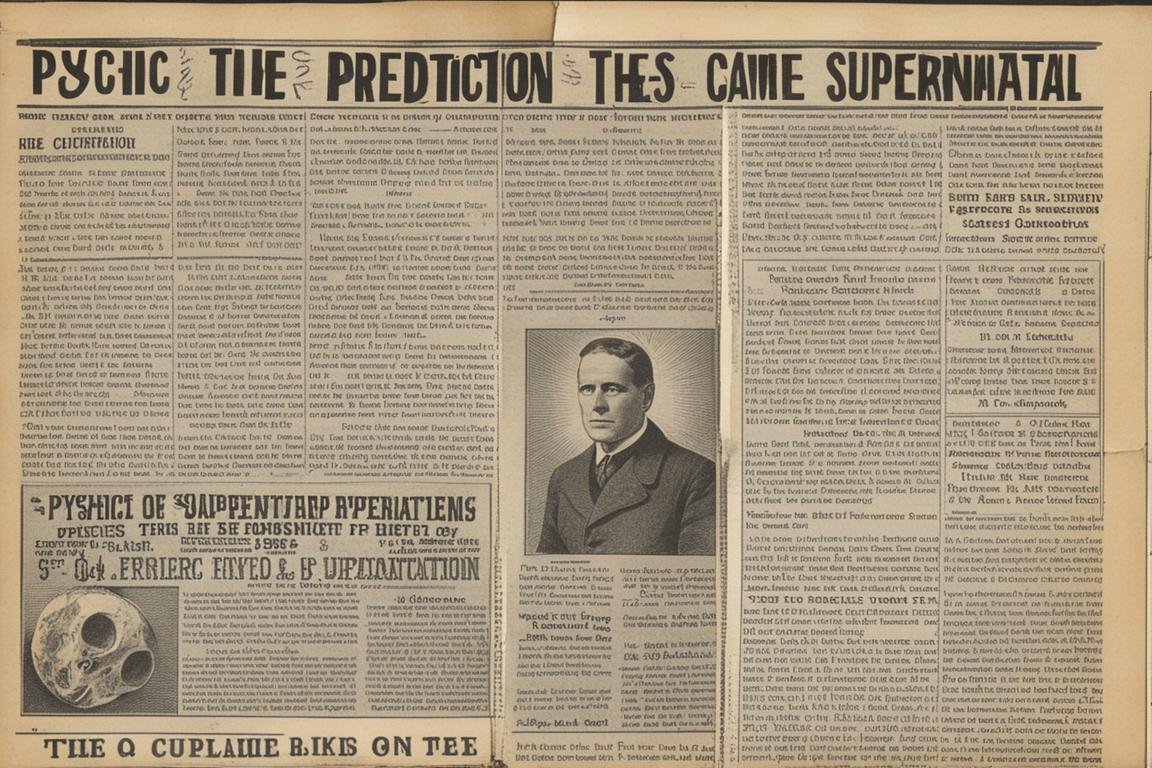
The Role of Emotion
Emotion is a powerful driver behind the acceptance of pseudoscience. Fear, hope, and the desire for comfort often lead us to embrace unscientific beliefs without scrutiny. When we’re emotionally invested in the outcome, we’re more likely to believe in the efficacy of a pseudoscientific remedy or prediction.
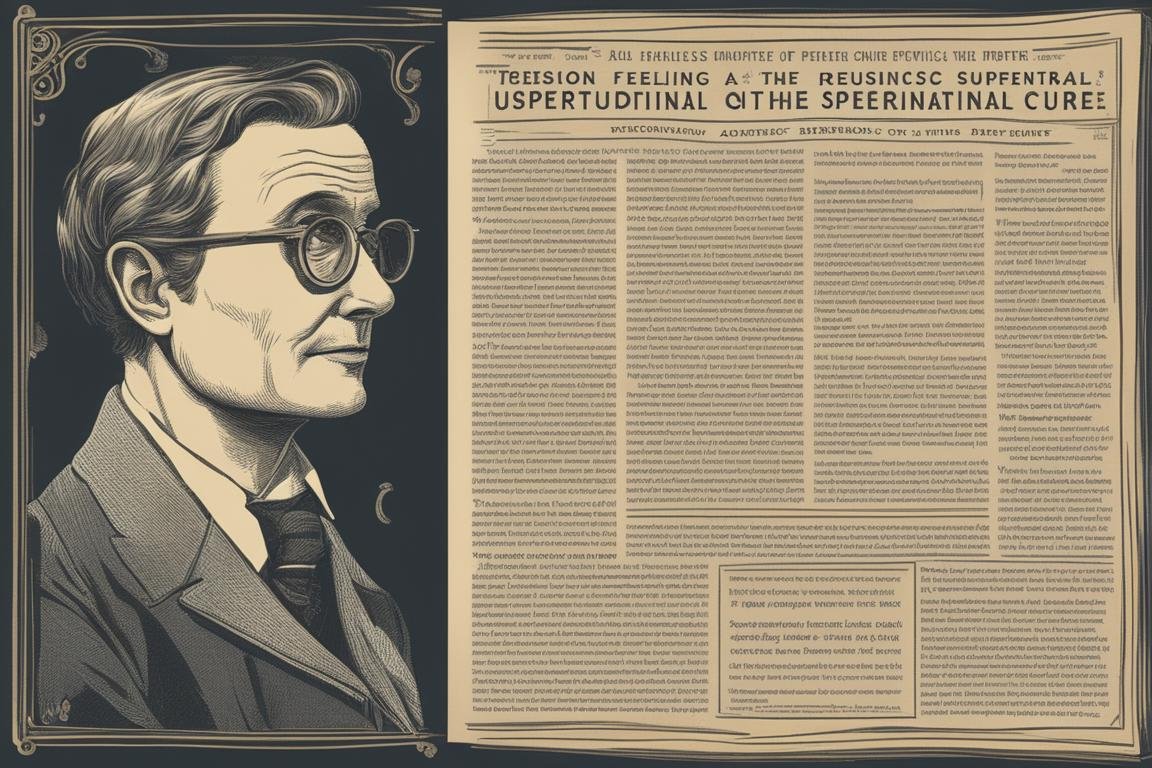
The Role of Social Factors
Our social environment heavily influences our susceptibility to pseudoscience. From the echo chambers of social media to the desire for a shared identity, let’s explore how our social lives shape our beliefs.
Social Networks
Social media platforms are breeding grounds for pseudoscience, largely due to confirmation bias and echo chambers where only agreeing voices are heard.
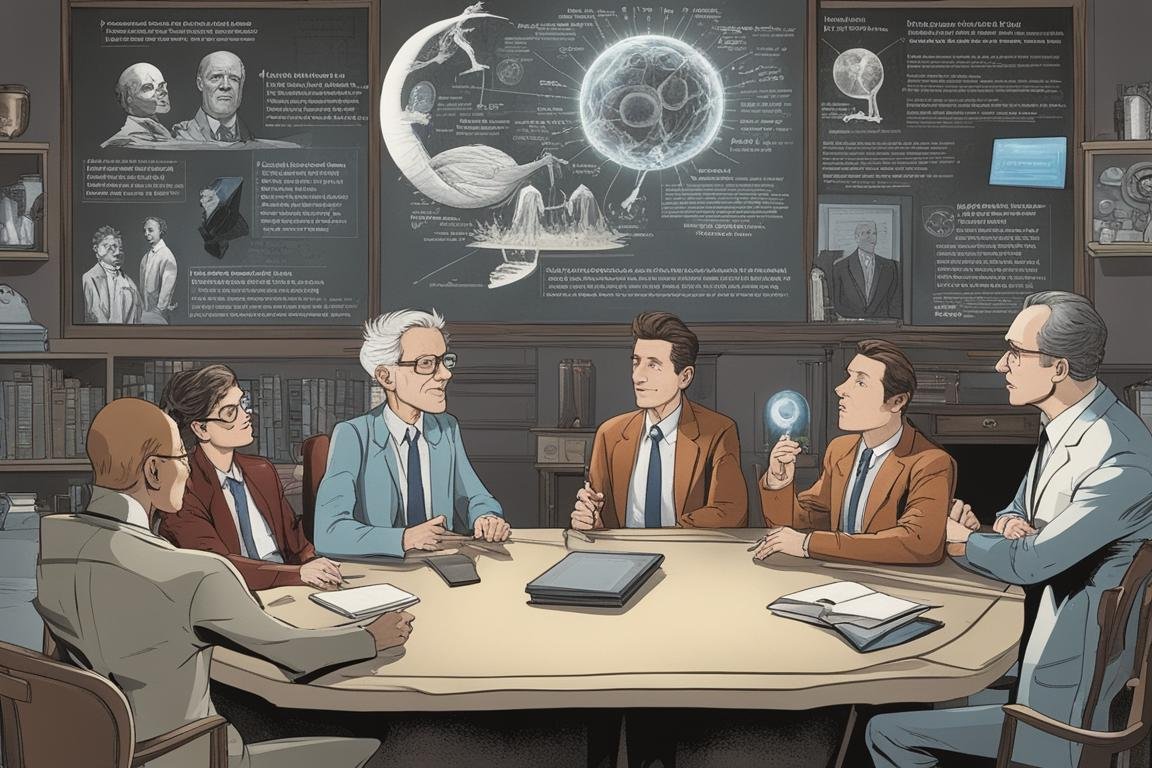
Social Identity Theory
This theory suggests we align our beliefs with those of our group to belong. If your community believes in the power of astrology, chances are, you will too.
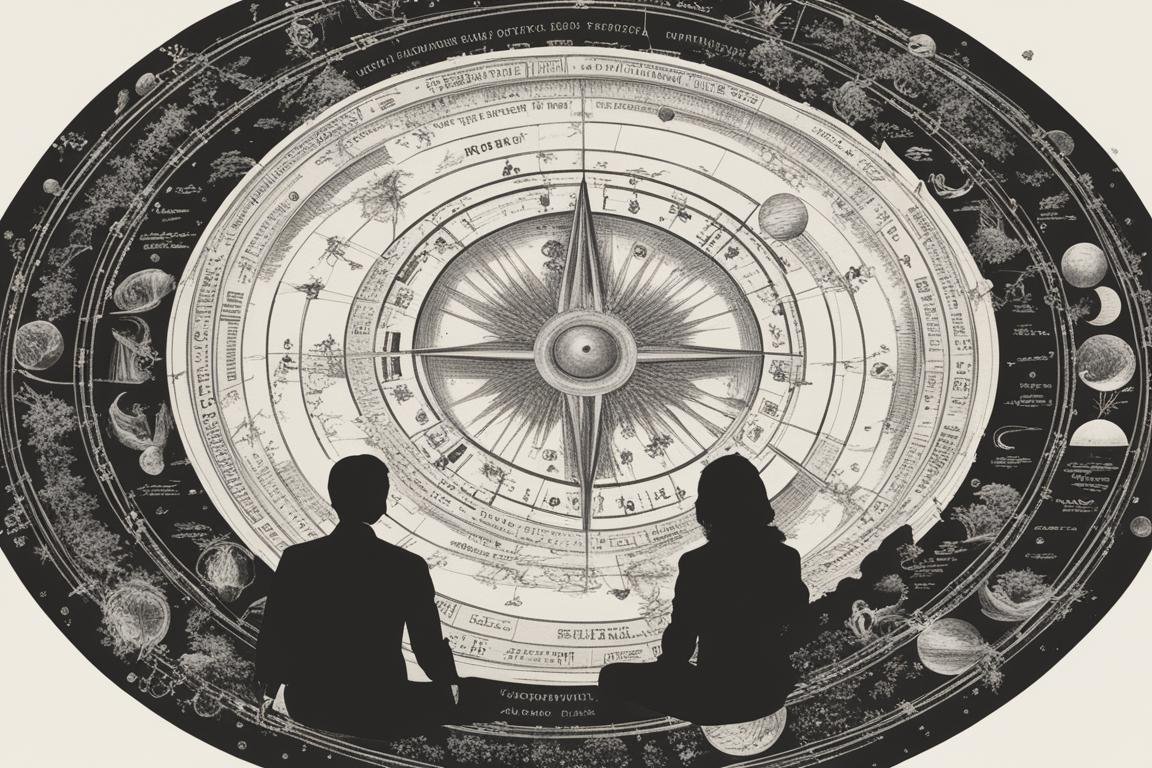
The Role of the Media
The media plays a dual role in the spread of pseudoscience. On one hand, sensational stories about unverified scientific claims capture attention. On the other, responsible journalism can help debunk myths. The problem arises when sensationalism trumps accuracy, leading the public astray.
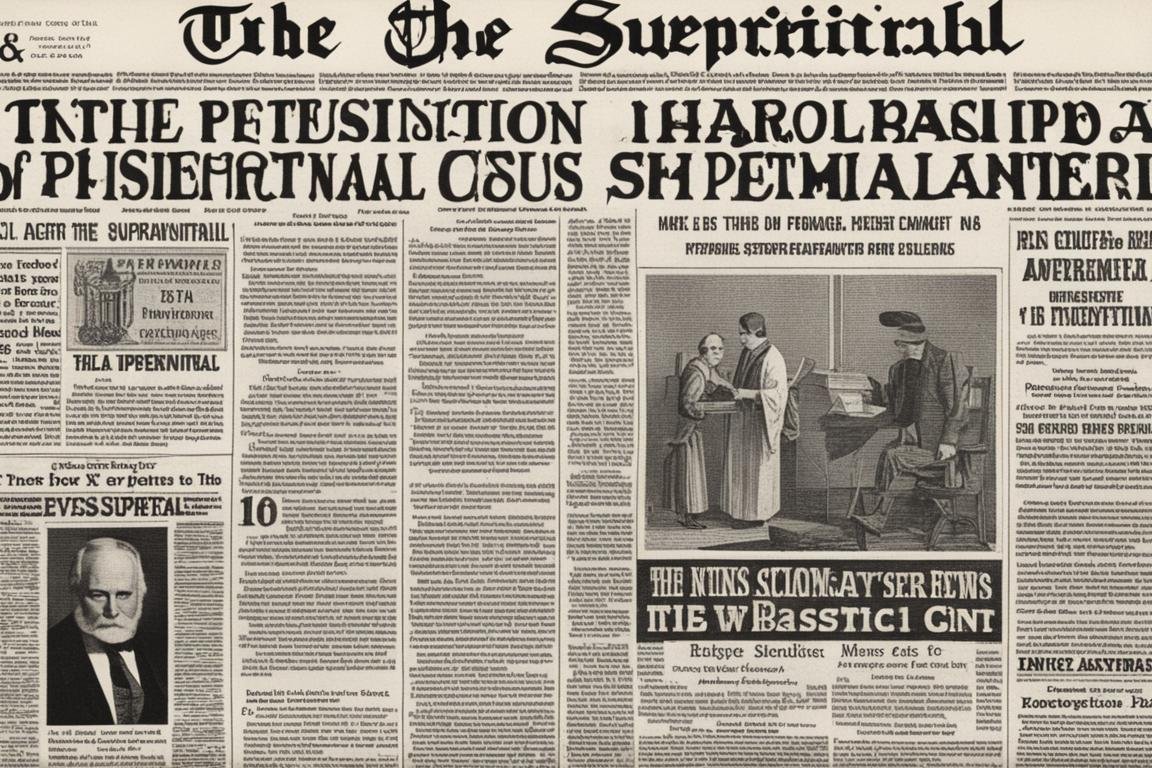
The Role of Science Communication
Effective science communication is crucial in combating pseudoscience. Scientists and educators must not only present facts but also engage the public’s curiosity and emotional needs, making scientific literacy more appealing than pseudoscientific myths.
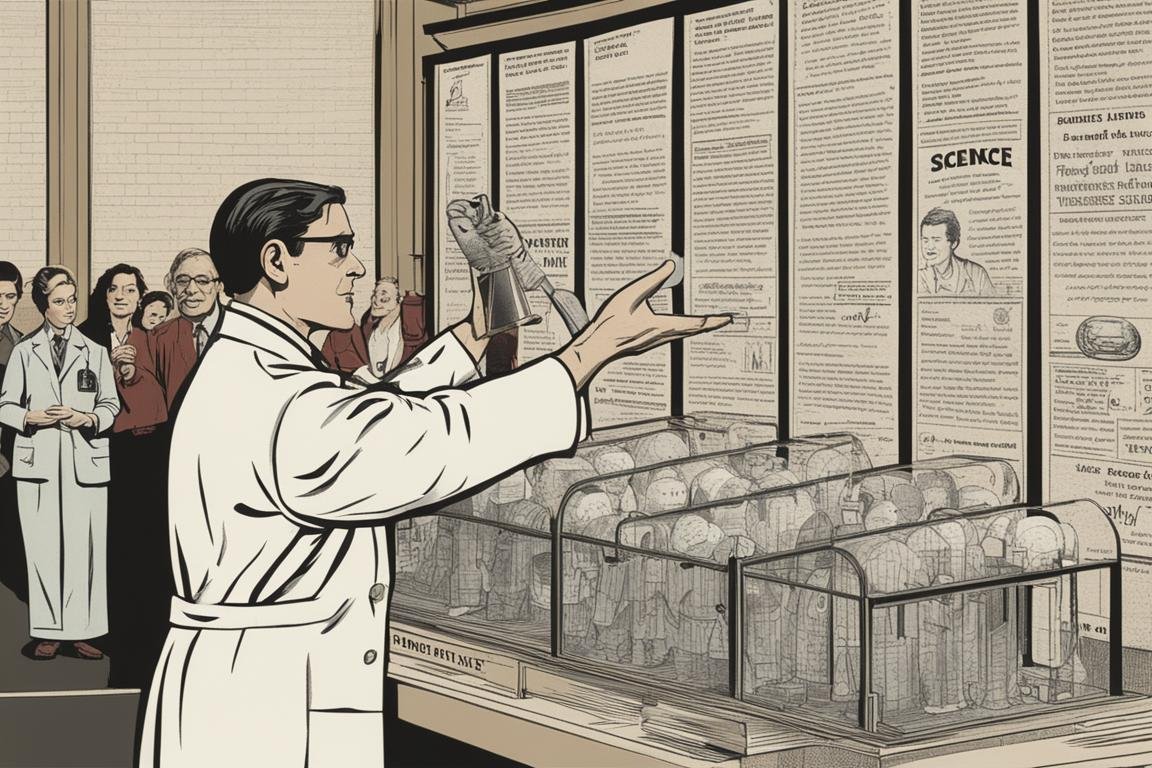
Conclusion
Understanding why humans are bias toward pseudoscience is the first step in countering its appeal. By recognizing and challenging our cognitive biases, seeking emotional balance, and fostering a scientifically literate society, we can build resilience against pseudoscientific beliefs. Let’s strive for a world where science and reason guide our understanding, leaving pseudoscience as nothing more than a curiosity of our collective past.
References
To dive deeper into this topic, visit The Skeptic’s Dictionary for comprehensive analyses of pseudoscientific beliefs and the cognitive biases that fuel them.
For further reading and to improve your website’s SEO, don’t forget to check out our sitemap.
FAQ
Who can explain why humans are biased in the physics of the supernatural?
Experts in the field of psychology and cognitive science study human biases.
What causes biases in understanding the supernatural from a physics perspective?
Biases stem from cognitive shortcuts our brains take to process information.
How can understanding human biases improve the study of supernatural physics?
By recognizing biases, researchers can account for them in their analysis.
Why is it difficult to overcome biases when studying the physics of the supernatural?
Overcoming biases requires conscious effort and self-awareness.
Who benefits from learning about human biases in the realm of supernatural physics?
Anyone interested in accurate and objective investigations of the supernatural.
What objections might arise when discussing human biases in supernatural physics?
Some may argue that biases are inherent and unavoidable in human nature.

